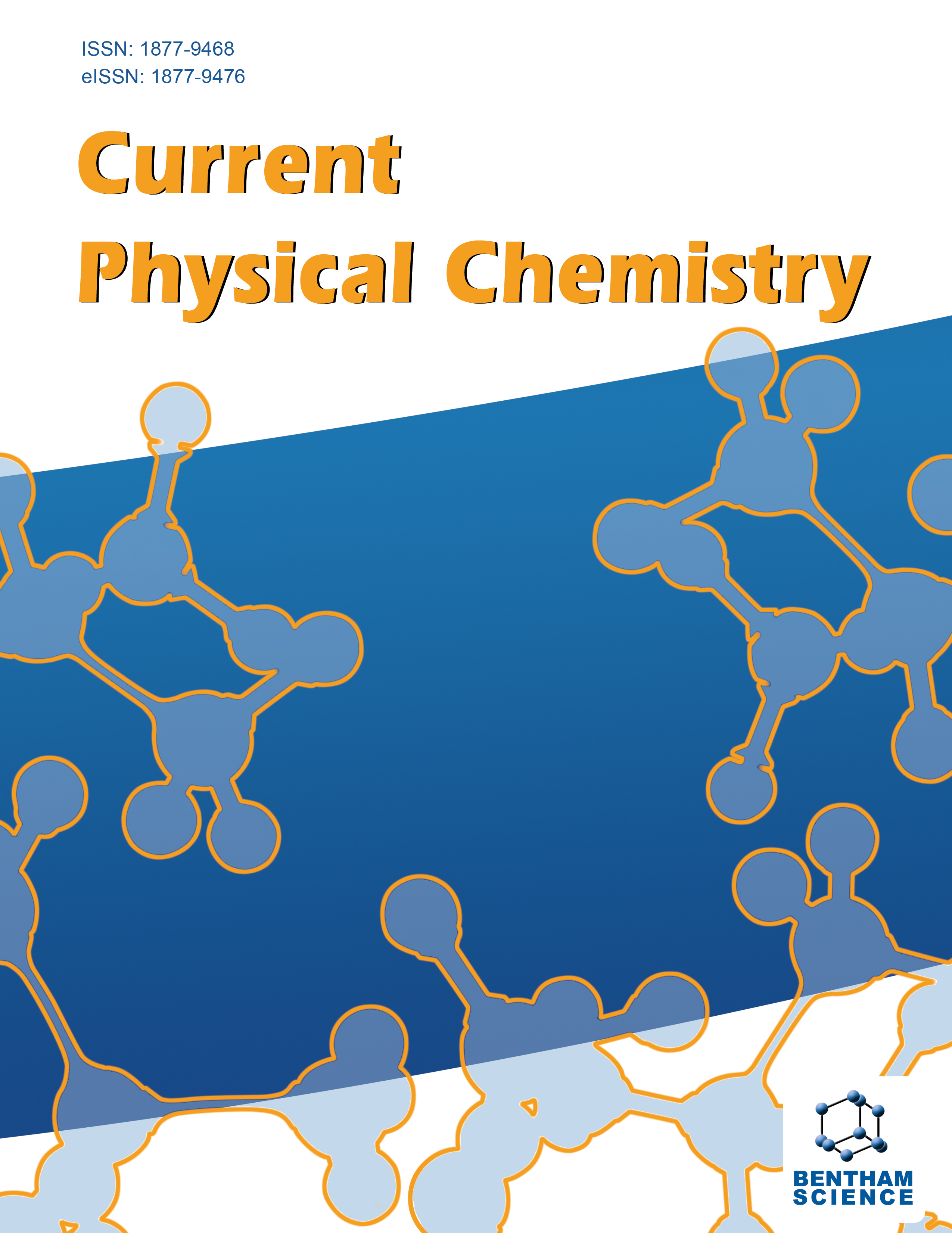-
s Influence of Exposure to Air and Mechanical Dispersion upon Thermal Stability and Decomposition Temperature of β-MgH2 Phase, a Component of Composites Derived by Different Methods
- Source: Current Physical Chemistry, Volume 4, Issue 1, Jan 2014, p. 106 - 113
-
- 01 Jan 2014
Abstract
Influence of mechanical dispersion and exposure to air on hydrogen-sorption properties and thermal stability of β-MgH2 synthesized by two different methods, namely through direct hydriding in gaseous medium and by reactive mechanical alloying, is studied employing thermodesorption spectroscopy and X-ray photoelectron spectroscopy. It is established that the temperature of the beginning of desorption of the β-MgH2 phase of the composite synthesized through direct hydriding in gaseous medium depends upon exposure to air after its synthesis. Exposure of the sample to air for 20 min (for more than 5 h) increases the temperature of decomposition of the β-MgH2 phase from 360 to 375 oC (from 360 to 440 oC). Following dispersion of the composite in the ball mill decreases the decomposition temperature of the hydride phase from 440 to 340 oC. Exposure of the dispersed composite to air for 5 h and even for several days does not increase the decomposition temperature of the MgH2 phase. Significant role of the surface state in increase of the decomposition temperature (and thermal stability) due to exposure to air of MgH2 hydride derived by hydriding of magnesium powder in gaseous medium is revealed. It is found that dispersion of the hydride in the ball mill reduces the temperature of decomposition of the MgH2 phase.


